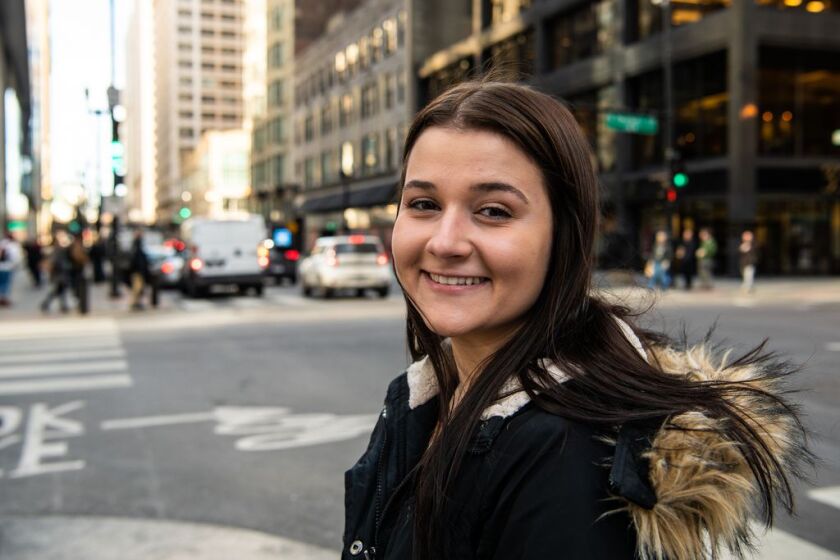Uber driver Andre Mbouemboue wasn’t as busy as he usually is Monday and wondered if a higher city surcharge on solo riders was to blame.
Mayor Lori Lightfoot’s first city budget included a plan to reduce congestion downtown and raise $40 million with higher fees on people choosing to ride along on services like Uber, Lyft and Via.
The plan, which kicked in this week, raises the total fee of solo trips in the downtown zone from 72 cents to $3.
Mbouemboue, 49, of Chicago, said he had fewer requests for rides and wonders if passengers were “scared” by the surcharge, which is now $1.75 per-trip for single riders in the greater downtown area between 6 a.m. and 10 p.m. on weekdays.
And he can’t make up for lost rides with longer hours.
“You are only allowed to drive 10 hours in the city of Chicago,” he said. “So, I cannot drive more hours.”
Single-riders were targeted because they are “causing the congestion,” Business Affairs and Consumer Protection Commissioner Rosa Escareno told the Chicago Sun-Times in October. “If you have other options and you’re choosing to take a vehicle by yourself, it’s like having your own private chauffeur.”
Shianne Brewer, a nanny from South Elgin, was concerned about the congestion fee. Her immediate family does their best to use any other form of transportation besides ride-hailing.
“My grandma and my dad were just talking about cars and taxes,” Brewer, 21, said. “... And they aren’t too happy about [this] tax either.”
Some ride-hailing passengers did not notice the congestion fee Monday and are not anticipating making any changes to their single-ride usage.
“I do feel pretty ambivalent,” said 28-year-old Michael Mack, a transportation analyst from Michigan. “We have to raise revenue somehow, and I feel like that is a pretty decent way to do it.
“I haven’t seen the impact, and I actually don’t know when it went into effect ... I haven’t seen a huge price difference in the rides that I would normally take.”
Lightfoot plans to use some of the $40 million raised from the congestion fee to fund public transit improvements. That includes investing in “Bus Priority Zones” in the South and West sides.
Contributing: Fran Spielman






